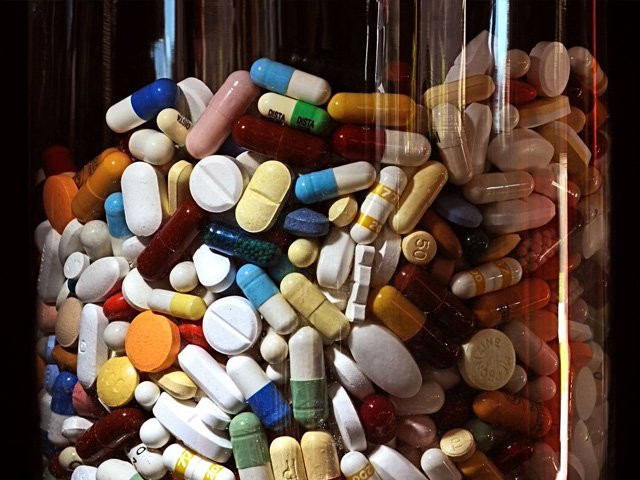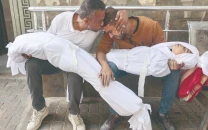Antibiotic access crisis fuels spread of superbugs in developing countries: study
Researchers study data from Bangladesh, Brazil, Egypt, India, Kenya, Mexico, Pakistan and South Africa.

Less than 7% of people with severe drug-resistant infections in low- and middle-income countries are receiving the antibiotics they need, according to a new study that warns the shortfall is fuelling deaths and driving the spread of antimicrobial resistance (AMR).
The research, published in "The Lancet Infectious Diseases", estimates nearly 1.5 million infections caused by carbapenem-resistant Gram-negative (CRGN) bacteria occurred across eight countries in 2019, resulting in almost 480,000 deaths.
Yet, just under 104,000 appropriate antibiotic courses were distributed, covering only 6.9% of cases on average—ranging from as low as 0.2% in Kenya to around 15% in Mexico and Egypt.
"The stark reality is that most people with highly drug-resistant infections are not getting access to the antibiotics they need," said Dr Jennifer Cohn, global access director at the Global Antibiotic Research and Development Partnership (GardP), which led the study.
CRGN infections—found in pneumonia, bloodstream infections and complicated urinary tract infections—are increasingly common and difficult to treat.
When left without effective drugs, they result in longer illness, higher death rates and greater risk of spreading resistant strains.
Cohn and her colleagues argue that global attention has focused too heavily on antibiotic overuse, while underestimating the lack of access in poorer regions.
“Innovative drugs are being introduced in wealthy nations,” she said. “But the highest burden is not there.”
The researchers studied data from Bangladesh, Brazil, Egypt, India, Kenya, Mexico, Pakistan and South Africa. They matched estimated CRGN cases to sales data of eight effective antibiotics, revealing the large treatment gap.
AMR, which occurs when bacteria evolve to resist treatment, is forecast to kill 1.9 million people a year by 2050 if left unchecked.
The report calls for urgent global investment in equitable access, similar to the international push that brought HIV drugs to Africa.
Barriers to access include limited hospital availability, high treatment costs, and lack of national procurement systems.
“We can’t just focus on stewardship in poorer countries and innovation in rich ones,” said Cohn. “We need both, everywhere, at the same time.”









1721969212-0/BeFunky-collage]-(35)1721969212-0-208x130.webp)













COMMENTS
Comments are moderated and generally will be posted if they are on-topic and not abusive.
For more information, please see our Comments FAQ